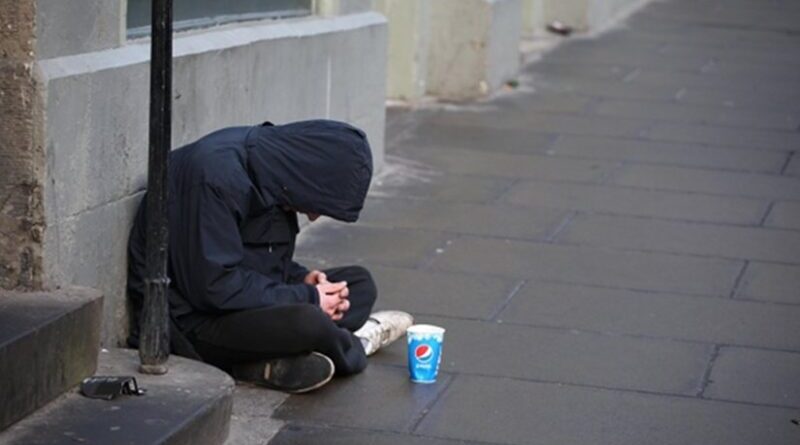Homeless People Being Denied Basic Health Care
A study led by the University of Birmingham has painted a shaming picture of neglect and discrimination shown towards the homeless when accessing UK health services.
Researchers interviewed 22 homeless people aged over 18 at three Midland homeless shelters in order to gauge their experience of accessing NHS services following anecdotal reports that the homeless were being denied access and faced negative experiences.
While some of the study participants described facing no barriers, others shared accounts of casual neglect, discrimination, and inadequate resources across general practice, accident and emergency departments, and mental health services.
Some reported being denied registration at a GP, while others said they were discharged from hospital onto the streets with no access or referral to primary care providers, and others said they could not access services providing support to those with substance misuse issues and mental health problems.
One participant described resorting to committing crimes so that they would be sent to prison where they could then access healthcare.
Those that took part in the study expressed high satisfaction about their experiences at specialist primary healthcare centres for people who are homeless, however these are underfunded.
The study – published in in the British Journal of General Practice – comes as, according to Shelter (i), there are over 320,000 homeless people in the UK and the number of rough sleepers in some urban areas has doubled in the last six years (ii).
Senior Lecturer Dr Vibhu Paudyal, of the University of Birmingham’s School of Pharmacy, said: “Stories of homeless people being denied access to mainstream GP services were so far anecdotal which our study sadly validates as the truth.
“Perceived stigma and discrimination in healthcare settings seems to be even more persistent and shows how much work needs to be done to make primary care more inclusive for homeless people.
“Our study participants found access to mental health and substance misuse services often challenging as many have dual diagnoses.
“While specialist healthcare services that are established across the country offer these patients some comfort, exclusion from healthcare pushed some of our study participants into repeat cycles of homelessness.
“Improving access and inclusivity and prevention work particularly during an earlier stage in the homelessness cycle is the only way forward to alleviate the health impact of homelessness, its repeat cycle, and thereby to minimise homeless people’s use of emergency department admissions and prevent unnecessary deaths.”
The authors, among a number of recommendations, emphasised the importance of spreading good practice, and educating and informing healthcare workers about the rights and needs of our homeless population.
It follows research (iii) by Dr Paudyal and collaborators published earlier this month, also in British Journal of General Practice, also revealed the extent of the mental and physical health problems the homeless face.
They analysed routinely collected datasets from almost 1,000 patients registered to Birmingham Homeless Healthcare Centre in Birmingham city centre. The study found that nearly one in eight had been offered support for substance dependence and one in five had been offered support for alcohol misuse. A high prevalence of infectious hepatitis C was also identified.
The study showed nearly one in three of the homeless population attended an Accident and Emergency Department in the preceding 12 months. This equates to nearly 60 times the rate of A&E attendance observed in the general population.

